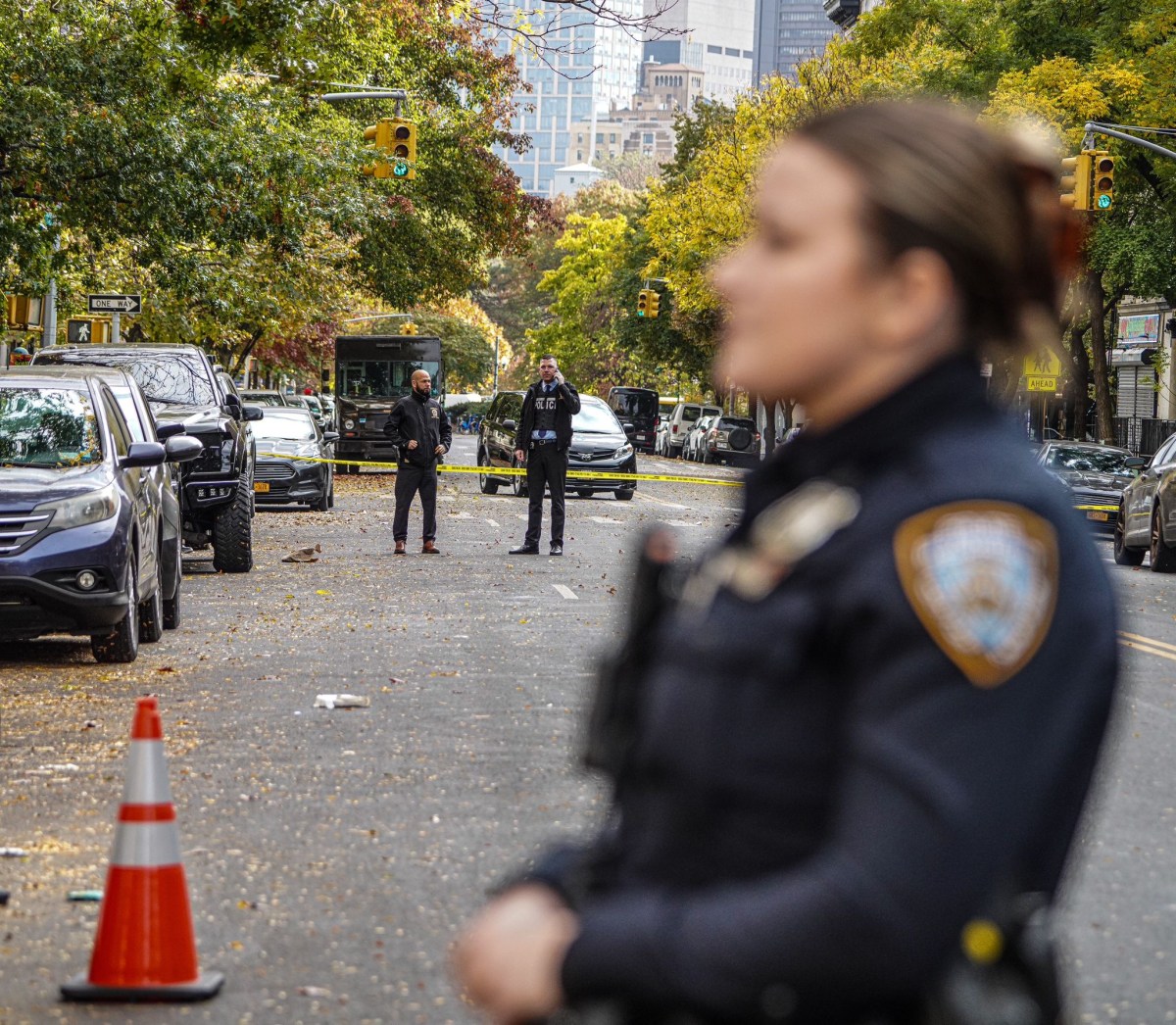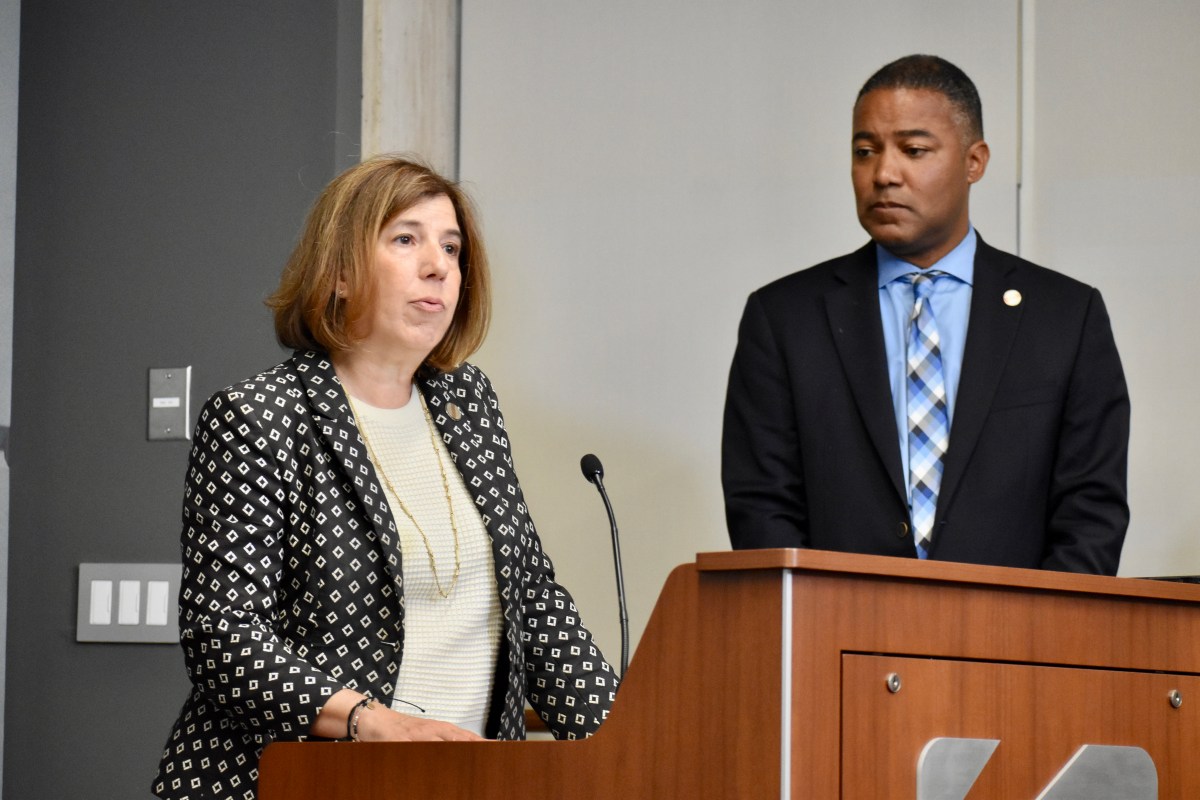LEGAZPI, Philippines (AP) — Lava poured from the crater of the Philippines’ most active volcano Monday, prompting officials to warn tens of thousands of villagers to be prepared to flee if the gentle eruption turns into a violent and life-threatening explosion.
More than 13,000 people have left the mostly poor farming communities within a 6-kilometer (3.7-mile) radius of Mayon Volcano’s crater in mandatory evacuations since volcanic activity increased last week. But an unspecified number of residents remain within the permanent danger zone below Mayon, an area long declared off-limits to people but where generations have lived and farmed because they have nowhere else to go.
With the volcano beginning to expel lava Sunday night, the high-risk zone around Mayon may be expanded should the eruption turn violent, said Teresito Bacolcol, director of the Philippine Institute of Volcanology and Seismology. Bacolcol said if that happens, people in any expanded danger zone should be prepared to evacuate to emergency shelters.
“What we are seeing now is an effusive eruption,” Bacolcol told The Associated Press. “We are looking at this on a day-to-day basis.”
From a distance, Associated Press journalists watched lava flow down the volcano’s southeastern gullies for hours Sunday night. People hurriedly stepped out of restaurants and bars in a seaside promenade of Legazpi, the capital of northeastern Albay province about 14 kilometers (8.5 miles) from Mayon, many of them snapping pictures of the volcano that’s a popular tourist draw known for its picturesque conical shape.
Mayon’s renewed restiveness has also struck fear and brought new suffering.
Marilyn Miranda said she, her daughter and 75-year-old mother, who recently suffered a stroke, fled their home in a village within the danger zone in Guinobatan town on Thursday and sought shelter at a sweltering high school turned into an evacuation center. Her nephew returns to their home each day, as do other men in their impoverished rural neighborhood to guard their houses and farm animals, she said.
From the overcrowded evacuation center, they were terrified to see the bright red-orange lava streaks gushing down Mayon’s slope on Sunday night. “We had this feeling that our end is near,” Miranda told the AP, breaking into tears.
Mayon’s new eruption was one of back-to-back tragedies that struck Amelia Morales and her family in recent days. Her husband died of an aneurism and other illnesses on Friday and she had to hold his funeral wake in a crowded emergency shelter in Guinobatan because she and her neighbors had been ordered to stay away from their community near Mayon.
“I need help to bury my husband because we don’t have any money left,” Morales, 63, said as she sat near her husband’s white wooden coffin under a flimsy open tent in a corner of the evacuation center. “I cannot do anything but cry.”
With its peak often shrouded by the wisps of passing clouds, the 2,462-meter (8,077-foot) volcano appeared calm on Monday. Bacolcol said red-hot lava was continuing to flow down its slopes but could not easily be seen by people under the bright sun.
The volcano had been raised to alert level three on a five-step warning system Thursday, meaning the volcano was in a state of high unrest and a hazardous eruption is possible in weeks or days.
With lava flowing down from the volcano gently, Bacolcol said the alert level would stay at three but it could be moved up higher if the eruption suddenly turns perilous.
The highest alert, level five, would mean a violent and life-threatening eruption is underway with ash plumes shooting into the sky and superheated pyroclastic streams endangering more communities at Mayon’s lush foothills.
Mayon is one of 24 active volcanoes in the Philippines. It last erupted violently in 2018, displacing tens of thousands of villagers. In 1814, Mayon’s eruption buried entire villages and reportedly left more than 1,000 people dead.
The archipelago is lashed by about 20 typhoons and tropical storms a year and is located on the so-called Pacific “Ring of Fire,” the rim of seismic faults where most of the world’s earthquakes and volcanic eruptions occur.
In 1991, Mount Pinatubo north of Manila blew its top in one of the biggest volcanic eruptions of the 20th century, killing hundreds.
Associated Press journalist Joeal Calupitan contributed to this report.
Find more of AP’s Asia-Pacific coverage at https://apnews.com/hub/asia-pacific























